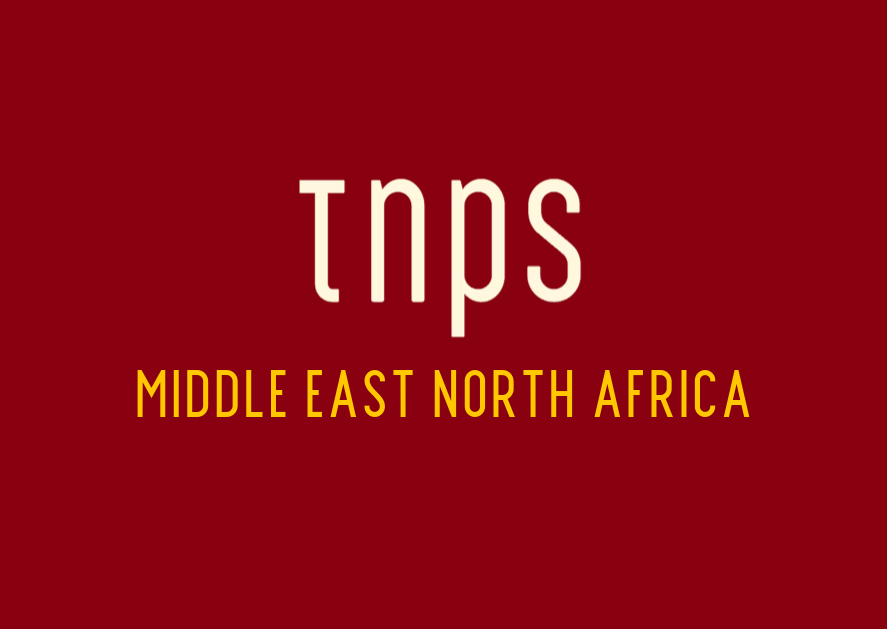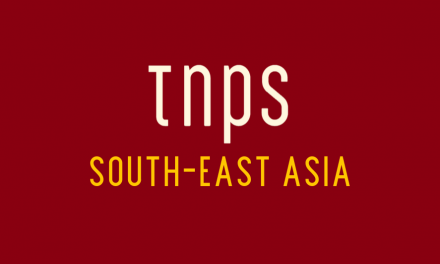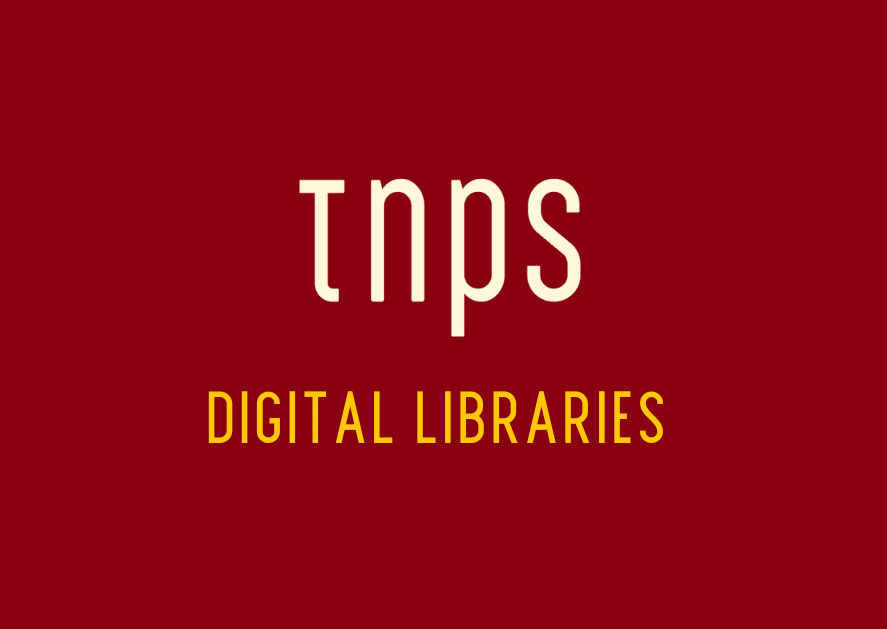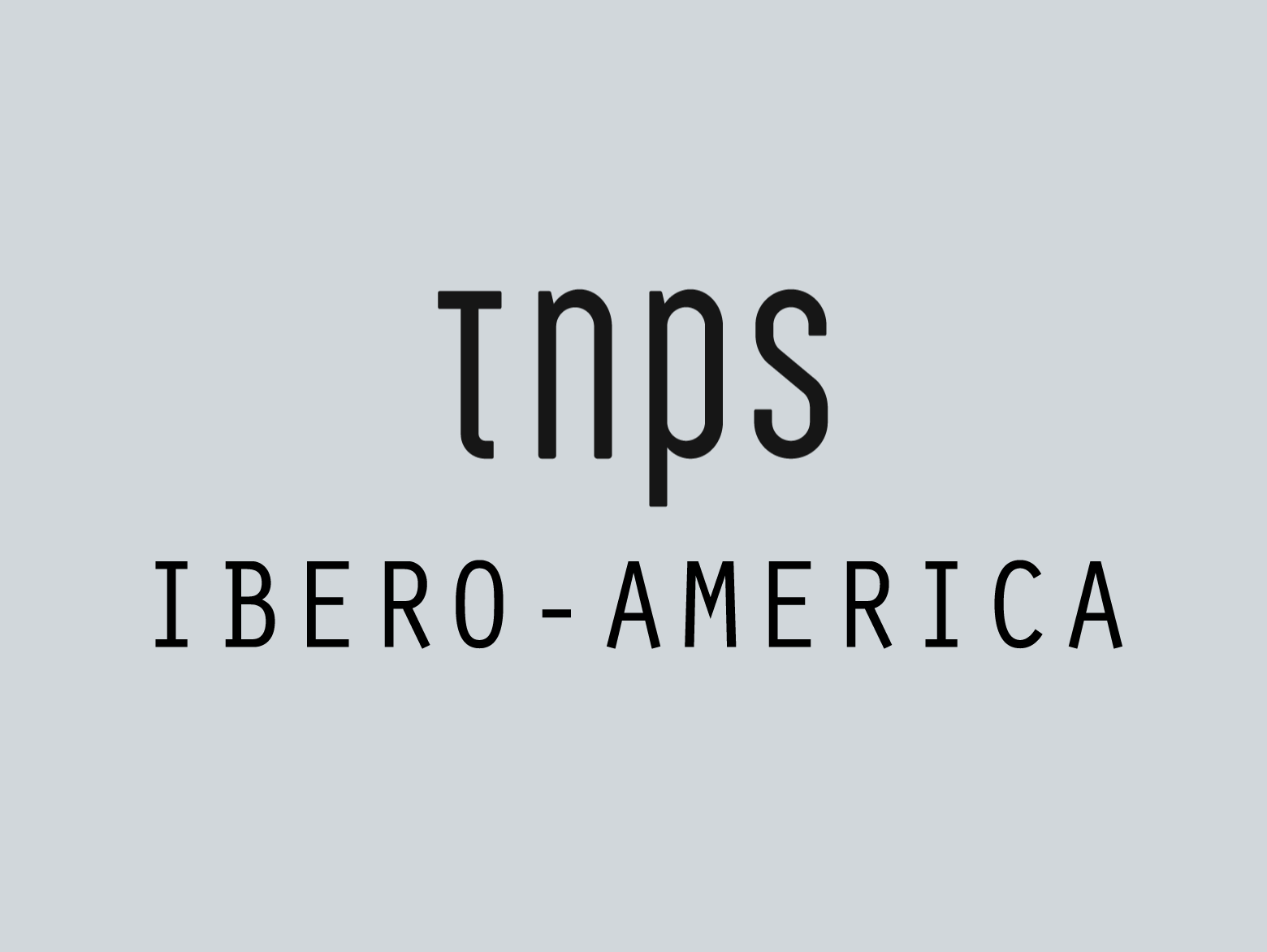The numbers are in, and its more records falling as Morocco’s Casablanca International Book Fair pulls a crowd of 550,000, while Iraq’s Baghdad International Book Fair joins Cairo, Sharjah, Algiers and Muscat in the million+ Arab book fair club.
I’m still trying to track an official number for the 2019 Cairo International Book Fair in January, that traditionally is the world’s biggest by far. This year the Cairo event was mired in controversy amid a venue change and it seems likely attendance suffered, but public reports vary enormously. If anyone has seen a confirmed number for Cairo, do share!
Meanwhile the Muscat International Book Fair in Oman is happening right now. No word yet on provisional visitor numbers other than that 73,547 turned out just on the first day. Not that we’re comparing like with like, of course, but that’s three times what the London Book Fair is expecting next month.

The Oman event runs through until March 2, and last year Muscat broke the one million visitors barrier for the first time.
Now Baghdad joins it.
For Iraq the one million visitors to the Baghdad International Book Fair is a remarkable achievement, not just for a book fair being Iraq’s largest cultural event, but that it has happened against such a troubled background.

This year the 46th Baghdad International Book Fair occupied 10,000 sq. metres and had 2 million books on offer from 23 countries, with 700 publishing houses and bookshops represented, making it the largest in the event’s history quite apart from the record attendance.
Abdel Wahab al-Radi, president of the Federation of Iraqi Publishers said,
It is the most important edition by far, in terms of the number of participants and the large variety of books on display. None of the proposed titles was banned or censored. Participants had the freedom to offer new books covering multiple subjects … It was a great achievement for the country and for us as organisers. It amounted to an international acknowledgement of Baghdad’s important cultural standing in the Arab world and throughout the ages.
The twelve day event ran February 7-18, Arab Weekly summarized the event thus:
The event involved prominent Iraqi, Arab and international writers signing books and participating in discussions and answer the public’s queries. Among them were Jordanian-Palestinian novelist and poet Ibrahim Nasrallah, the winner of the International Prize for Arabic Fiction for “The Second War of the Dog”; Lebanese poet Zahi Wehbe; Georges Kurdahi, a Lebanese media figure; and Portuguese poet Afonso Cruz.
Lebanese publishers were also largely represented at the fair this year.
“Taking part in Baghdad’s book fair is of great value for Arab publishers,” said Nasser Rahouli, representative of the North Lebanon Publishing house. “The Iraqi market cannot be ignored given that Iraqis have such a great passion for books and reading.”
Dar al Saqi, one of Lebanon’s biggest publishing houses, occupied a large pavilion that featured some 550 titles, including new releases by prominent Arab authors such as Syrian thinker Muhammad Shahrur, Saudi novelist Mohammed Hasan Alwan, Egyptian feminist writer Nawal El Saadawi and Syrian writer and translator Georges Tarabichi.
“It is important and necessary for us to be part of the Baghdad book fair from an economic and marketing point of view. Iraqis are such big readers and this we cannot disregard,” said Hicham Karam, marketing officer of Dar al Saqi.
Meanwhile the 25th Casablanca International Book Fair (SIEL) ran almost identical dates. Last year SIEL pulled in a record 520,000 visitors, and this year added thirty thousand more, topping 550,000.

SIEL featured 700 exhibitors from 40 countries, with Spain as guest of honour.
Next month Saudi Arabia’s second big book fair of the year kicks off March 12-23 (the Jeddah International Book Fair ran end December into January) in the capital Riyadh. The Riyadh International Book Fair regularly attracts over a half million visitors.

Not quite on the same scale but not to be lightly dismissed are the Emirates Airline Festival of Literature set for March 1-9, which last year pulled in 44,000 visitors, and the Alexandria International Book fair in Egypt March 25 – April 7 which attracts around 60,000.
No word yet on the 2019 Saudi Comic Con, but last year the second edition of that event drew 25,000 visitors.
Of course I’m here just touching on a few of myriad Arab book fairs and literary events that will be happening through the year.
The Manama International Book Fair website for Bahrain is still carrying 2018 information right now, but the 18th incarnation last March drew a crowd of 220,000.
In April we’ll see the annual Sharjah Children’s Reading Festival in the UAE, which last year pulled in 306,000.
And also in April we’ll see the Abu Dhabi International Book Fair (April 24-30) which typically attracts a crowd of 300,000.
The Palestine International Book Fair is a bi-annual event so we won’t see that this year, but as the year rolls on we’ll see Tunisia, Lebanon, Jordan, Qatar and countless more. Let’s briefly mention here Kuwait, which pulled in 300,000 visitors last year, and then wind up with the Algiers and Sharjah book fairs we mentioned at the top of this post.
They won’t roll around again until the end of this year, but when they do they’ll be looking to repeat past performances of over 2 million visitors each.
The MENA (Middle East North Africa) book market has always been exciting, but thanks to social media and internet engagement the region is growing in importance and value by the day. Yet very few publishers and publishing bodies outside MENA are taking the region seriously, perhaps still labouring under the misapprehension that Arabs don’t read.
As this little foray into the Arab book fairs shows, Arabs love their books, and a handful of minor censorship issues not withstanding, the region is largely open and receptive to books and culture from the outside world.
Furthermore, Arab publishers are busily delivering Arab books to markets outside MENA, opening up new vistas of cultural exchange and book sales opportunities.
The Arab book markets are a gateway opportunity for publishers, booksellers and the wider publishing industry that can only get bigger and better in the next decade.






Thanks admin for sharing this infomation.